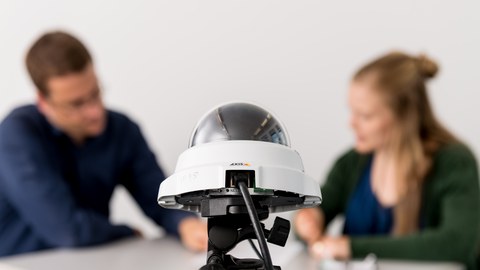Research
Research at the Division for Diagnostics and Intervention focuses on person perception, on different aspects of practical diagnostic processes, and on traffic planning.
 © Kirsten Lassig
© Kirsten Lassig
Research Questions
At the "Diagnostics & Intervention" Chair, we deal with the following research questions, among others:
Prof. Daniel Leising
Under what conditions do assessments of people agree more or less well with each other?
Under what conditions do assessments of individuals become more or less "accurate"?
What role does the evaluation component (good-bad, healthy-sick) play in personal judgments, and how can this be adequately represented in theoretical models?
How can the often "narratively" described theories of psychology be translated into formal models?
How do cyclists and pedestrians perceive traffic risks, what attitudes do they have towards violations of traffic rules, and what are the consequences of these perceptions (e.g. accidents)?
How do road users perceive the behavior of other road users? How do they attribute and evaluate it, and what are the consequences?
How can the results of psychological studies be communicated to non-psychologists in such a way that they firstly understand and secondly accept them?
How accurate and how consistent are personal assessments under different conditions? How much do people agree in their judgments of the same person?
How (strongly) is the accuracy of judgments and the agreement of judges influenced by relevant factors, such as the amount of information?
How is observable, measurable behavior related to descriptions of people in everyday language?




